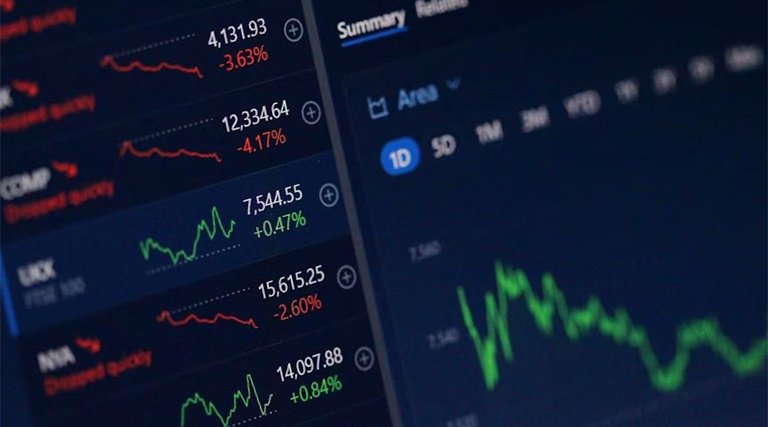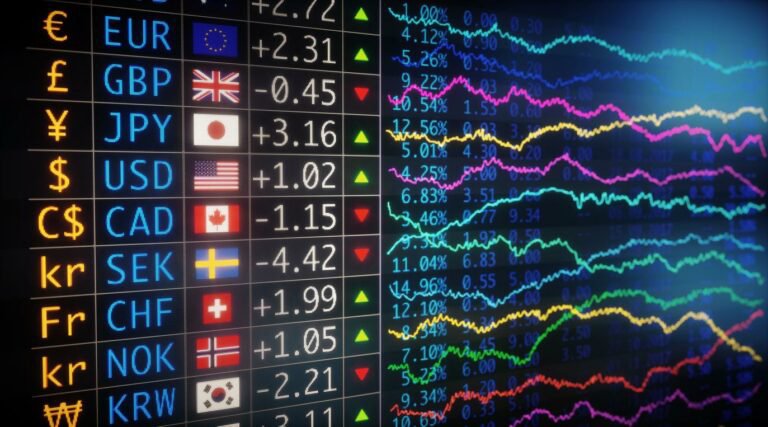Central banks play one of the most powerful roles in shaping global currency markets. Their decisions on interest rates, monetary policy, and inflation control directly influence exchange rates, creating trading opportunities and risks for forex traders worldwide. Understanding how these decisions affect currencies can help traders anticipate market movements more effectively.
The Role of Central Banks in Forex Markets
Central banks, such as the U.S. Federal Reserve, the European Central Bank, and the Bank of England, are responsible for managing a country’s monetary policy. Their primary goals often include maintaining economic stability, controlling inflation, and supporting employment. Since forex prices are essentially the value of one currency compared to another, any changes in monetary policy directly impact currency demand.
Interest Rates and Currency Value
One of the most significant ways central banks influence forex markets is through changes in interest rates. When a central bank raises rates, the country’s currency usually strengthens because higher returns attract global investors. For example, when the Federal Reserve raises U.S. interest rates, the U.S. dollar often appreciates against other major currencies. Conversely, lower interest rates reduce investment incentives, causing the currency to weaken.
Quantitative Easing and Monetary Stimulus
Another tool central banks use is quantitative easing (QE), which involves injecting liquidity into the financial system to stimulate growth. The Bank of Japan has famously used QE for years to combat deflation. While QE can boost stock markets and lending, it often weakens the local currency because of the increased money supply. Traders closely monitor these programs since they tend to trigger major forex moves.
Inflation Targets and Policy Shifts
Inflation is another key factor in central bank decision-making. Most banks, such as the European Central Bank, target around 2% inflation. If inflation rises too quickly, central banks often raise rates to cool down the economy, strengthening the currency. On the other hand, if inflation is too low, they may cut rates or introduce stimulus measures, typically leading to currency depreciation.
Market Expectations and Volatility
Interestingly, forex markets don’t just react to central bank actions—they also respond to expectations. Traders often move markets based on speculation about upcoming decisions. For example, if investors expect the Bank of England to raise interest rates, the pound may strengthen before the actual announcement. If the decision aligns with or surprises expectations, the result can cause significant volatility.
Final Thoughts
Central bank decisions are at the heart of forex trading, influencing everything from day-to-day price movements to long-term currency trends. Traders who follow central bank announcements, understand their policy goals, and track market expectations are better equipped to anticipate currency shifts. By staying informed through official central bank sites and trusted financial news outlets, traders can make smarter, more confident trading decisions.










